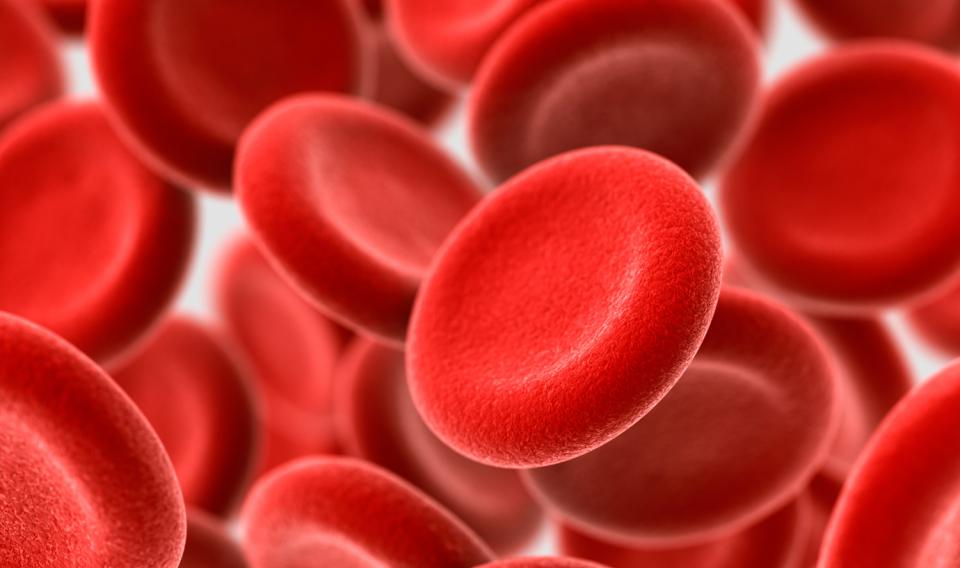 Roundup, the popular herbicide manufactured by Monsanto, is the subject of hundreds of lawsuits alleging non-Hodgkin’s Lymphoma linked with exposure to the weed killer.
Roundup, the popular herbicide manufactured by Monsanto, is the subject of hundreds of lawsuits alleging non-Hodgkin’s Lymphoma linked with exposure to the weed killer.
What is Roundup?
Roundup (glyphosate) is an herbicide that kills broadleaf plants and grasses when applied to the leaves of the plants. Roundup is the world’s most widely used herbicide and the second-most popular weed killer for residential yards and gardens, according to National Geographic. Introduced by Monsanto in 1974, Roundup’s popularity increased dramatically in the 1990s when Monsanto introduced “Roundup Ready” crops that were genetically engineered to resist the herbicide so that farmers could apply it liberally on entire fields.
Is Roundup Safe?
Glyphosate is not included in the U.S. government’s testing of food for pesticide residues or the monitoring of chemicals in human blood and tissues, so there is no information available regarding how much people are actually exposed to it from yard use, living near farms, or eating foods from treated fields. A recent USGS study sampled the waterways in 38 states and found glyphosate in the majority of rivers, streams, ditches, and wastewater treatment plant outfalls tested.
A March 2015 review of Roundup conducted by the World Health Organization’s International Agency for Research on Cancer (IARC) and published in March 2015 in the International Journal of Environmental Research and Public Health found that glyphosate (brand name Roundup) is “probably carcinogenic.”
Monsanto continues to insist that Roundup is safe and does not cause cancer, and the company has spent the last two decades genetically re-engineering corn, soybeans, and cotton so it is easier to spray the crops with the weed killer. Approximately 220 million pounds of glyphosate were used in 2015 in the U.S. alone, according to a New York Times report.
However, multiple scientific studies in the United States and worldwide have linked exposure to glyphosate to cancer, including a 1999 study published in the journal Cancer that found an increased risk for non-Hodgkin lymphoma (NHL) among subjects exposed to herbicides such as Roundup.



